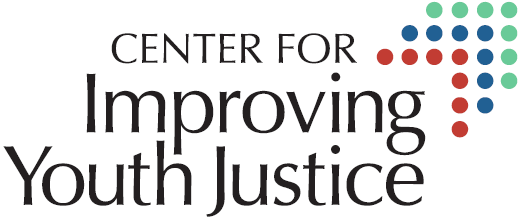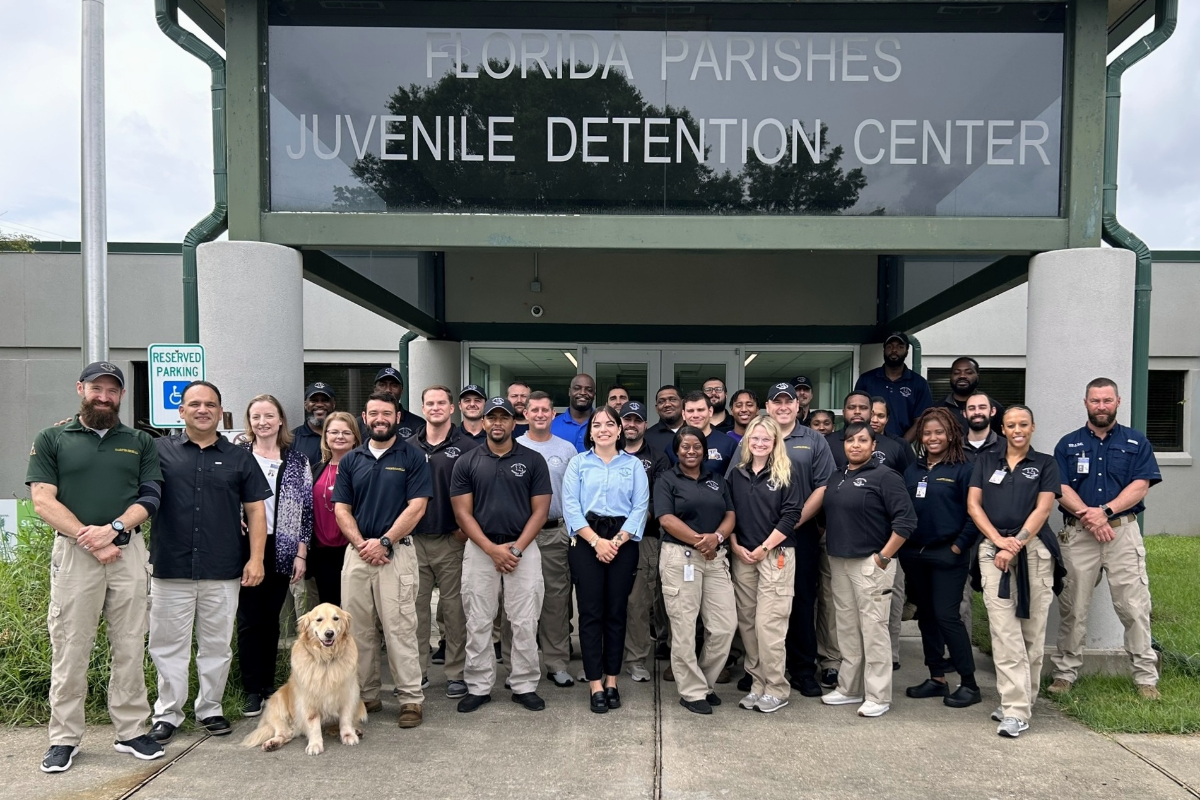In the spring of 2019, Florida Parishes Juvenile Detention Center (FPJDC) found themselves at a crossroads. The facility, meant to be a safe place for rehabilitation and hope, was marked by a troubling statistic: a higher-than-average number of isolation and room confinement incidents. Facility leaders knew well the traumatic impact isolation can have on a young person, its ineffectiveness in changing behavior, and its similarly negative impact on staff. Something had to change.
The leadership at FPJDC turned to the Center for Improving Youth Justice’s (CIYJ) Performance-based Standards methodology of continuous improvement to design and measure change. The goal for this new plan was clear: Reduce the reliance on confinement, address the root causes of negative behavior and create a more positive, rehabilitative environment. They focused on intervening before negative behavior escalated and more accurately implementing their system of incentives and rewards.
Securing buy-in from staff, young people, families and partners was crucial. FPJDC revitalized its staff mentorship program to overcome this, encouraging residents to actively set their own behavioral goals. Positive reinforcement became a cornerstone of the new approach.
Staff increased rewards for positive behavior, ignored negative behaviors and created weekly activities to build relationships. FPJDC teams were assigned an “activity month” and were responsible for creating activities and pop-up (unannounced) events to incentivize good behavior. Staff received in-depth training on FPJDC’s cognitive behavioral program and began proactive counseling using the voluntary Rational Self-Assessment tool developed to help the residents reflect on their thought processes and identify more positive options. Celebrating successes and achievements for staff and residents helped build morale and commitment.
Additional key practices to reduce confinement incidents include group lessons during mealtimes to encourage open dialogue between staff and young people, continuous counseling and frequent training on de-escalation tactics.
New Hire Orientation was revamped to emphasize verbal de-escalation and crisis conflict techniques, and Youth Group Facilitators were introduced to lead discussions, improve peer relations and foster a positive community within the facility. Residents at FPJDC were surveyed to gather feedback and ensure the effectiveness of these new practices.
FPJDC’s efforts have led to a significant decrease in room confinement incidents. By October 2023, their confinement value decreased by 86% from April 2019. Continuous training, increased staffing and alternative measures like mentorship and counseling have been crucial to sustaining these improvements.
The success of FPJDC’s reform efforts culminated in their recognition as a 2024 Center for Improving Youth Justice Barbara Allen-Hagen Finalist. The award reflects CIYJ’s commitment to creating safe, effective facility environments that result in positive outcomes for young people, their families and staff.

